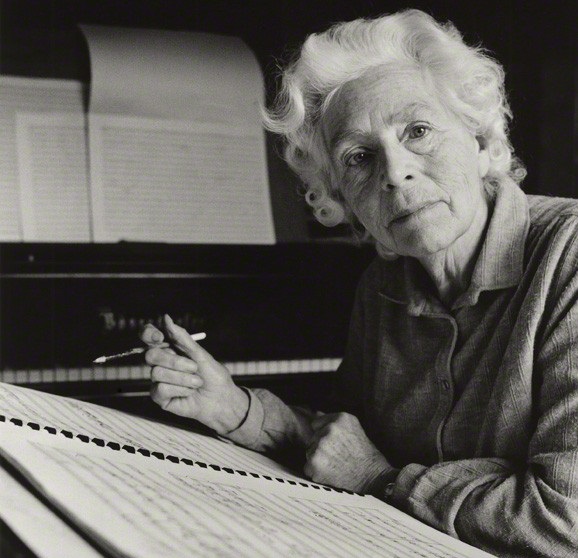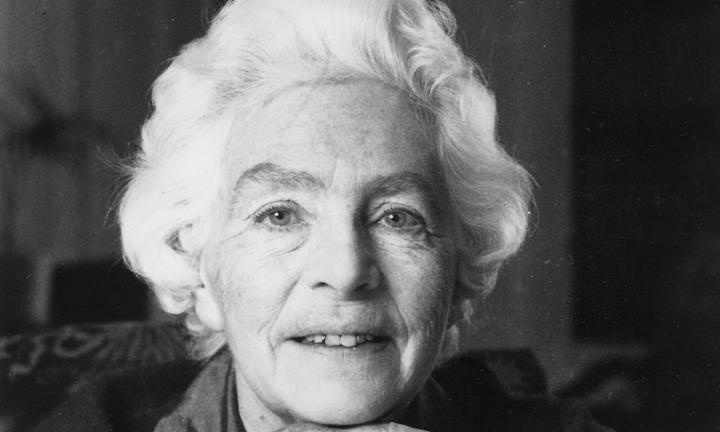
Throughout March, in support of International Women's Day 2018, Sound and Music is showcasing incredibly talented women in music. Today, we recognise Elizabeth Maconchy.
Elizabeth Maconchy- ‘one of the most substantial composers these islands have yet produced’ (Martin Anderson)
Denied a scholarship from the Royal College of Music for being a woman who ‘will only get married and never write another note’, Elizabeth Maconchy defied gender prejudice and became one of the most substantial and respected composers of her time.
Born in 1907 in Hertfordshire, Maconchy grew up in rural Ireland, playing the piano and writing music from the age of six. She studied at the Royal College of Music under Ralph Vaughan Williams, who remained a lifelong friend; however, she was attracted less by English pastoralism than by the central European modernism of Bartók and Janáček, and she completed her studies with K.B. Jirák in Prague.
Elizabeth’s accomplishments are to be marvelled; she chaired the Composers’ Guild of Great Britain, was President of the Society for the Promotion of New Music, and in 1987 was appointed Dame of the British Empire.
Maconchy's cycle of thirteen string quartets, composed between 1932 and 1983, are regarded as the peak of her musical achievements. Take a listen to her 11th quartet within the cycle:
Records of Elizabeth Maconchy held by the BMC physical archive:
The British Music Collection boasts not only an online collection, but also an extensive physical collection, which is held in Huddersfield at Heritage Quay. Within the collection records of Elizabeth can be found, including assorted biographies, reviews and programmes, scores and recordings. To find out how to visit the physical archives, follow this link to the Heritage Quay site.
Elizabeth Maconchy's British Music Collection records can be found online here.
